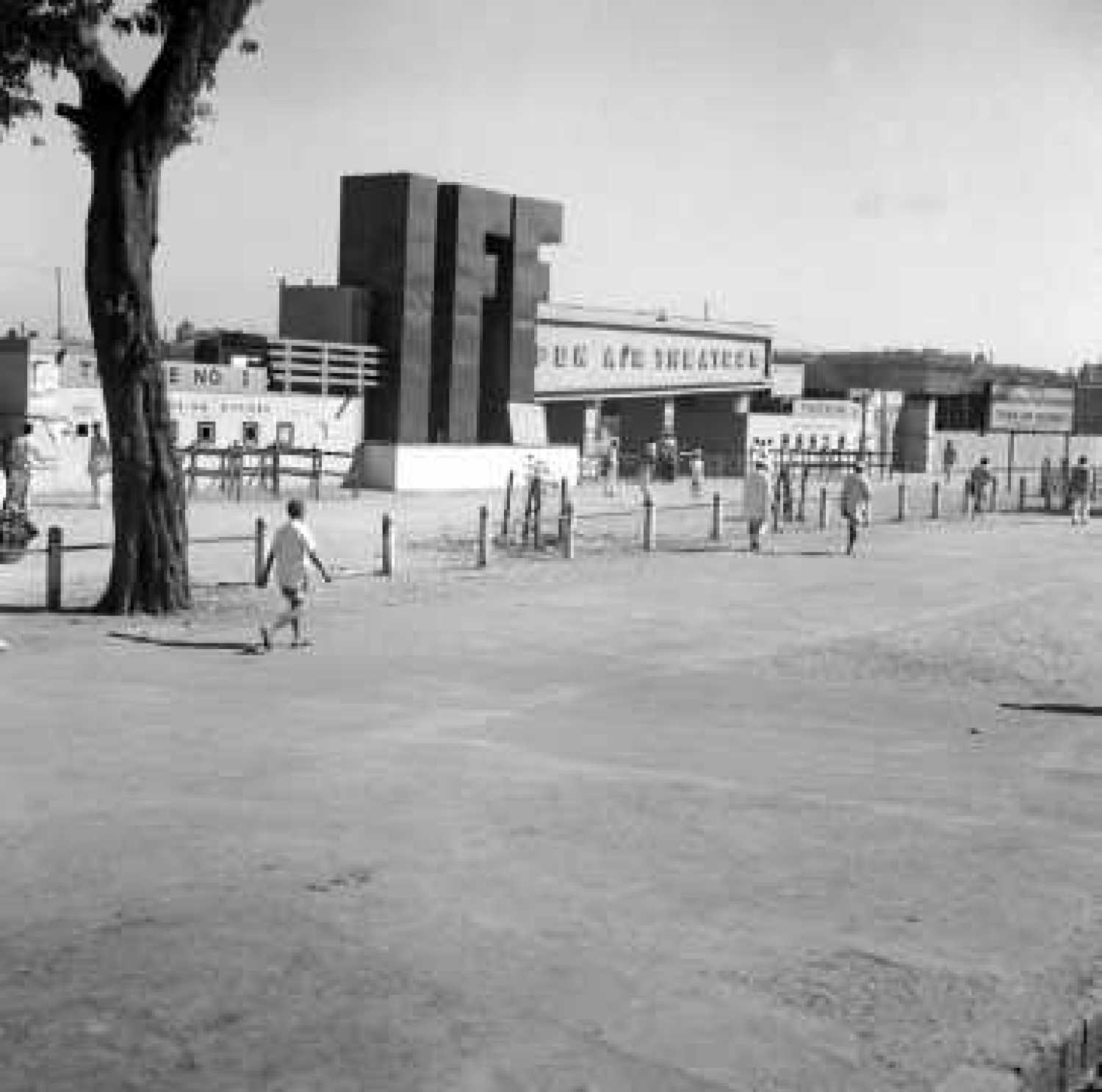India hosted its first multi-city film festival 65 years ago on 24 January. Today, the International Film Festival of India (IFFI) is held in sunny Goa, but we go back in time to some rare photos and discover what actually took place in 1952.
7 fascinating facts about India’s first international film festival in 1952
Mumbai - 24 Jan 2017 12:30 IST
Updated : 17:44 IST


Sonal Pandya

Photo: International Film Festival of India
1. Organised by the Films Division of the Government of India, the first ever International Film Festival of India (also Asia’s first) was held over four cities (from Mumbai, Chennai, Delhi and Kolkata) over six weeks starting from 24 January. The festival had delegates from 23 countries like China, Italy Egypt and USA, with around 40 films and around a hundred shorts that were shown.

Photo: International Film Festival of India
2. Then Prime Minister Jawaharlal Nehru could not inaugurate the festival, which began in Mumbai. The minister of information and broadcasting, RR Diwakar, stepped in his place. Large pavilions were erected at Azad Maidan by KV Thakkar, Maganbhai Savani, Santosh Singh Jain and Kanti Mehta for the delegates and many of them also stayed at the house of Hindi filmmakers. It was also was organised by photographer Ambalal J Patel, then owner of India's first colour lab Film Centre in 1952, informed a source privy to the happenings then.

Photo: International Film Festival of India
3. All India Radio broadcast the inauguration ceremony from Mumbai live and provided a running commentary of the unfolding events. Writer KA Abbas also covered the event in Blitz magazine.

Photo: International Film Festival of India
4. The film festival moved on to Chennai from 7 February. A welcome ceremony at the Congress grounds featured the governor and chief justice of Chennai. The death of King George VI (father of Queen Elizabeth II, a day earlier, led to some English films being called off.

5. The festival did more than just feature films. In Mumbai and Kolkata, there were also exhibits of the latest film equipment of “displayed projectors, tape recorders, studio lights, transformers, rectifiers, a model of sound stag and the working model of a processing plant” from foreign manufacturers.

Photo: International Film Festival of India
6. American filmmaker Frank Capra represented the United States Information Agency and its film industry at the request of the US State Department. At the festival, he spoke out against the threat of communism and admitted to the Indian press that many directors who served during WWII were ‘afraid to tackle anything unusual or bold’.

Photo: International Film Festival of India
7. After much fanfare, the festival eventually ended on 7 March in Kolkata as a grand success.


